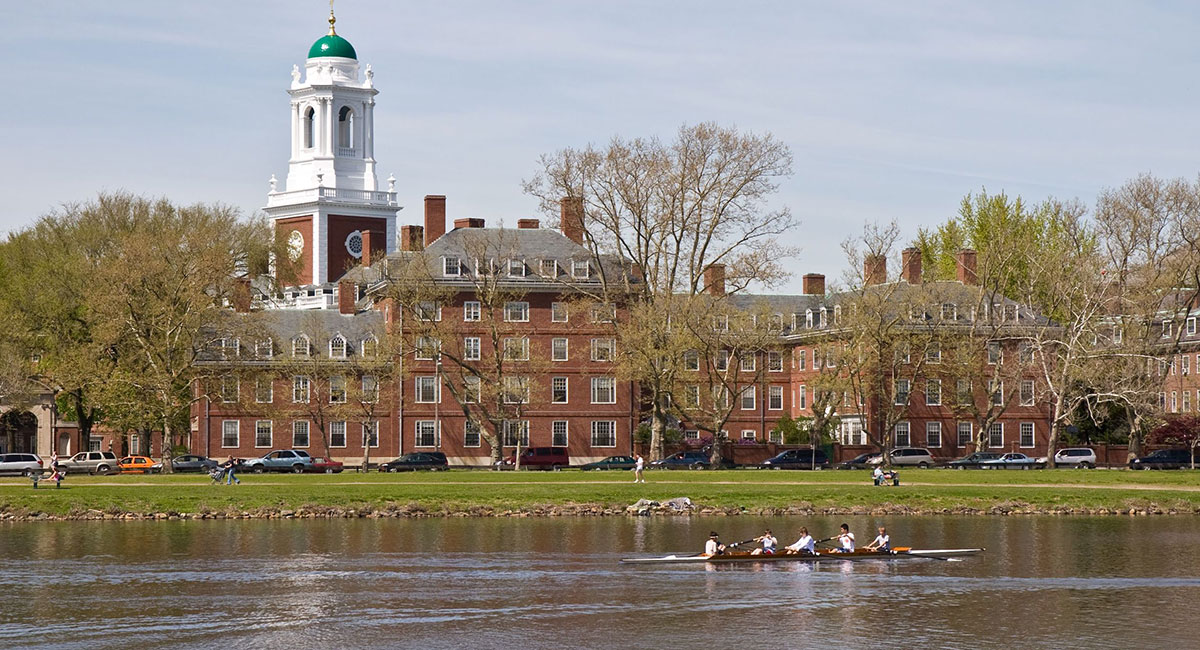What can we do about the corruption of American higher education? Milton Friedman had an idea 20 years ago: Tax the schools rather than subsidize them. That reflected a change of heart. In “Capitalism and Freedom” (1960), he argued that college education had enough “positive externalities” to justify subsidies. But when I was researching a book in 2003, I emailed him (then 91) and asked if he still believed that.
He replied: “I have not changed my view that higher education has some positive externality, but I have become much more aware that it also has negative externalities. I am much more dubious than I was . . . that there is any justification at all for government subsidy of higher education. The spread of PC”—political correctness—“would seem to be a very strong negative externality, and certainly the 1960s student demonstrations were negative externalities. . . . A full analysis along those lines might lead you to conclude that higher education should be taxed to offset its negative externalities.”
The past 20 years have seen negative externalities multiply: discriminatory hiring, promotion and contracting; the exclusion of conservative scholars; the suppression of speech. The case for taxing universities is stronger than ever.
A small move in that direction occurred in 2017, when Congress enacted an endowment tax. But it is small and applies only to some 35 wealthy private schools. House Ways and Means Chairman Jason Smith wants to increase that levy, but the effect would still be limited, since it would exclude public schools with small endowments.
A far better approach would be for state governments to reduce subsidies and introduce some taxation—local levies on property or state sales taxes for tuition and fees. The feds could help by getting out of the student-loan business and taxing schools’ investment income. Why should ordinary citizens pay a 23.8% tax on capital gains while Harvard, with its $50 billion endowment, pays nothing?













